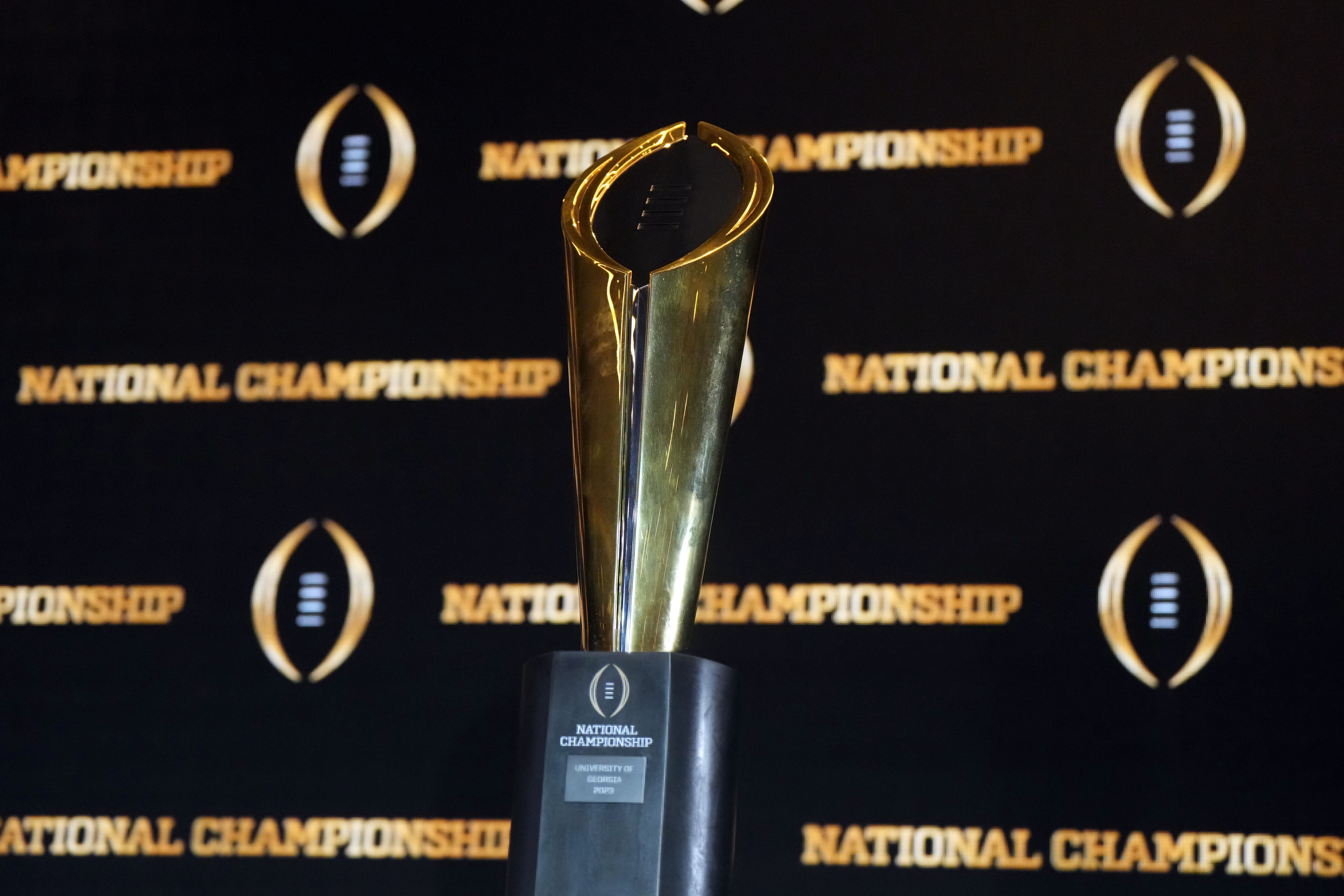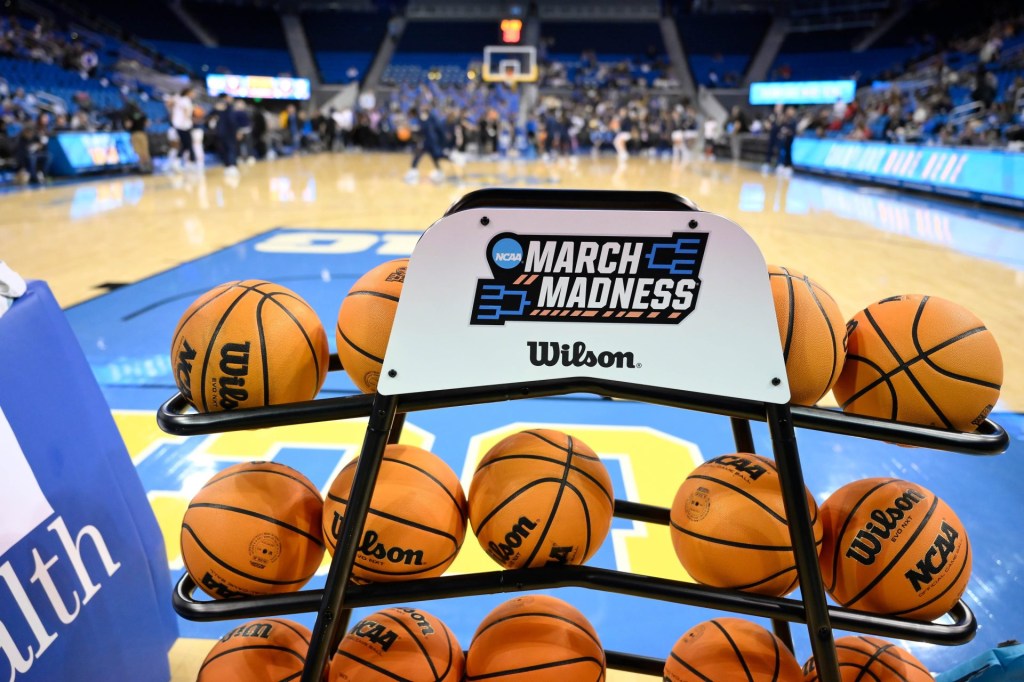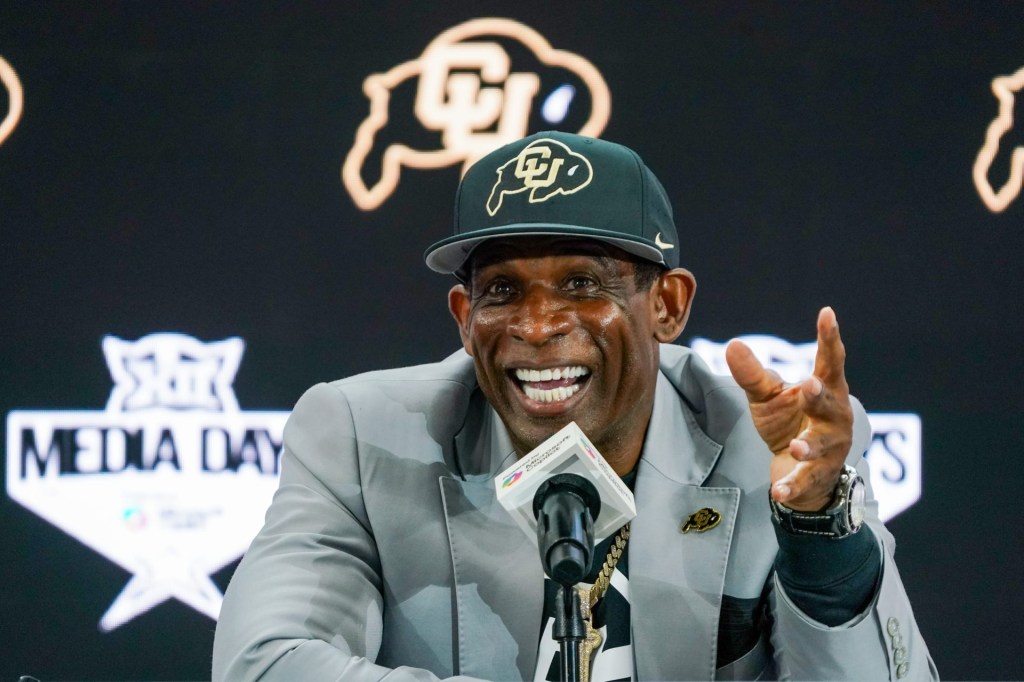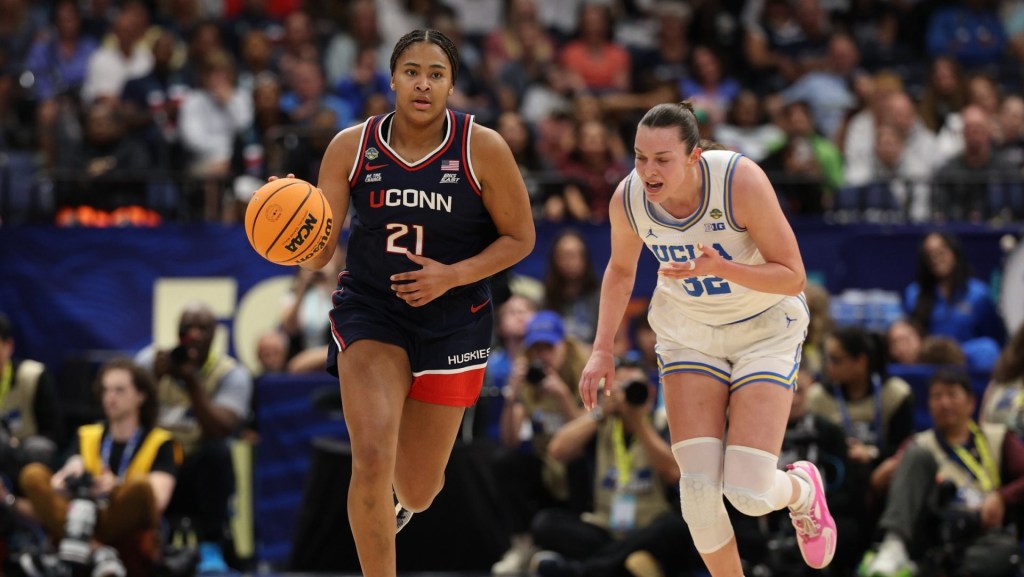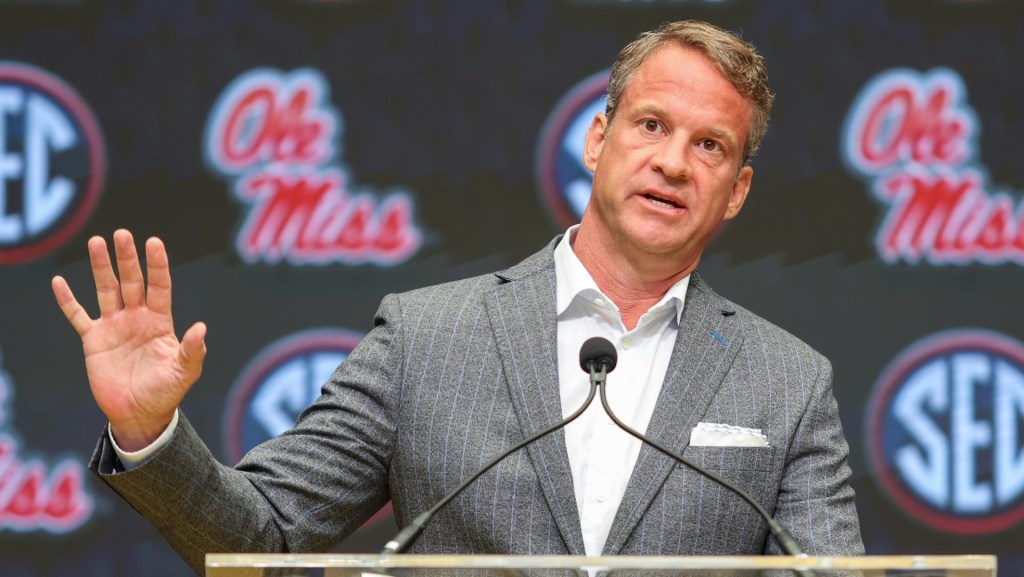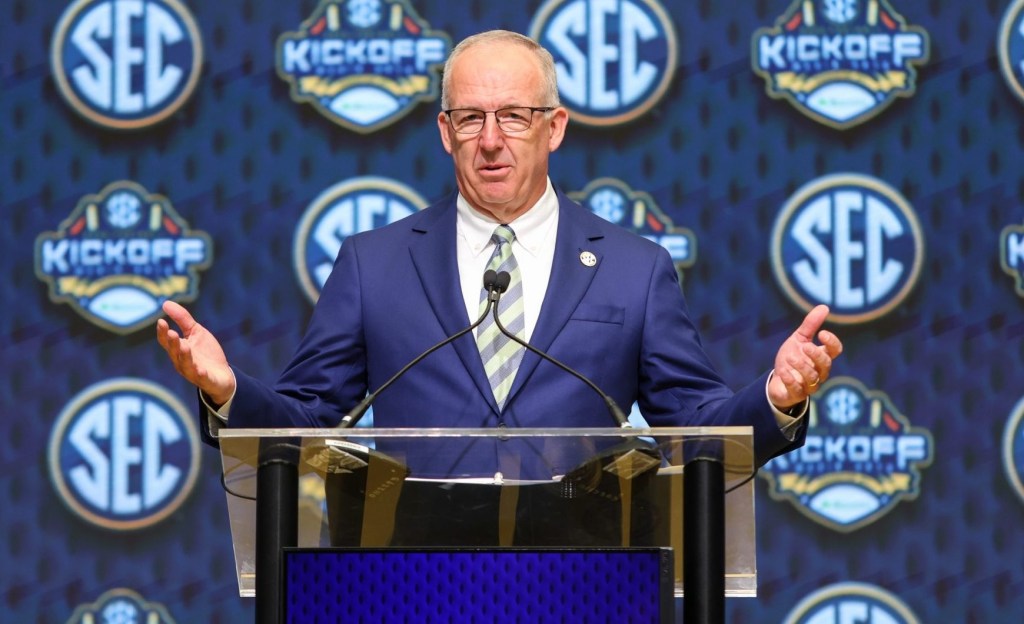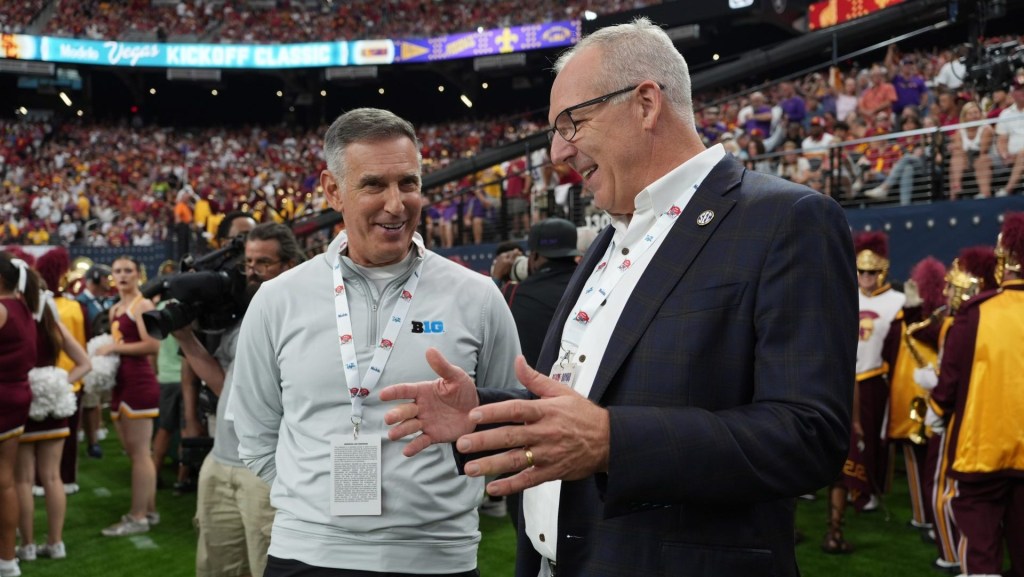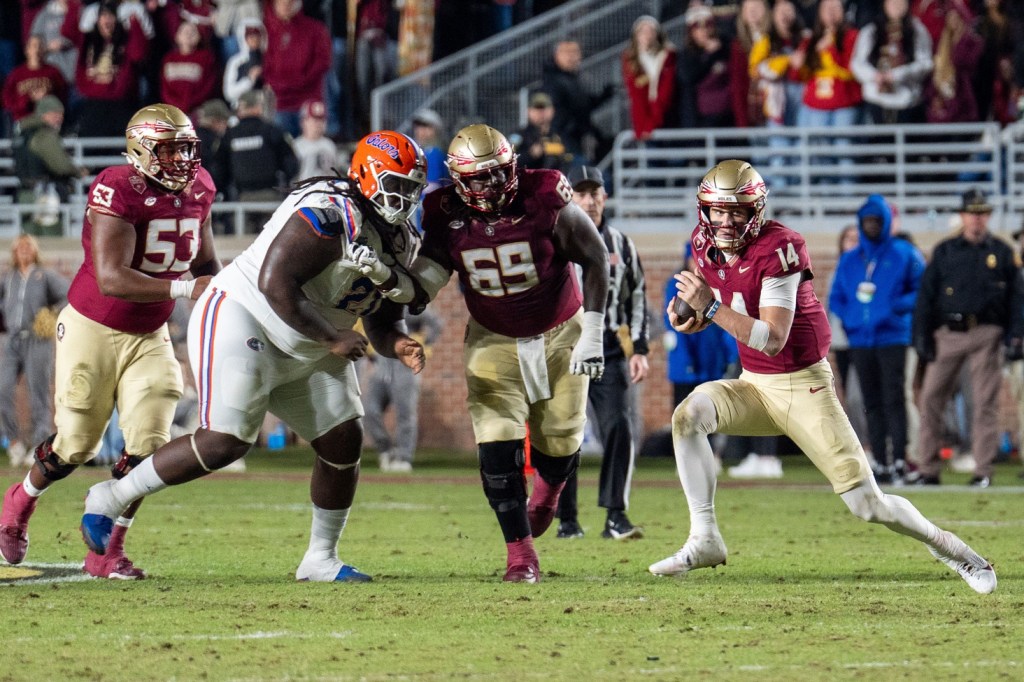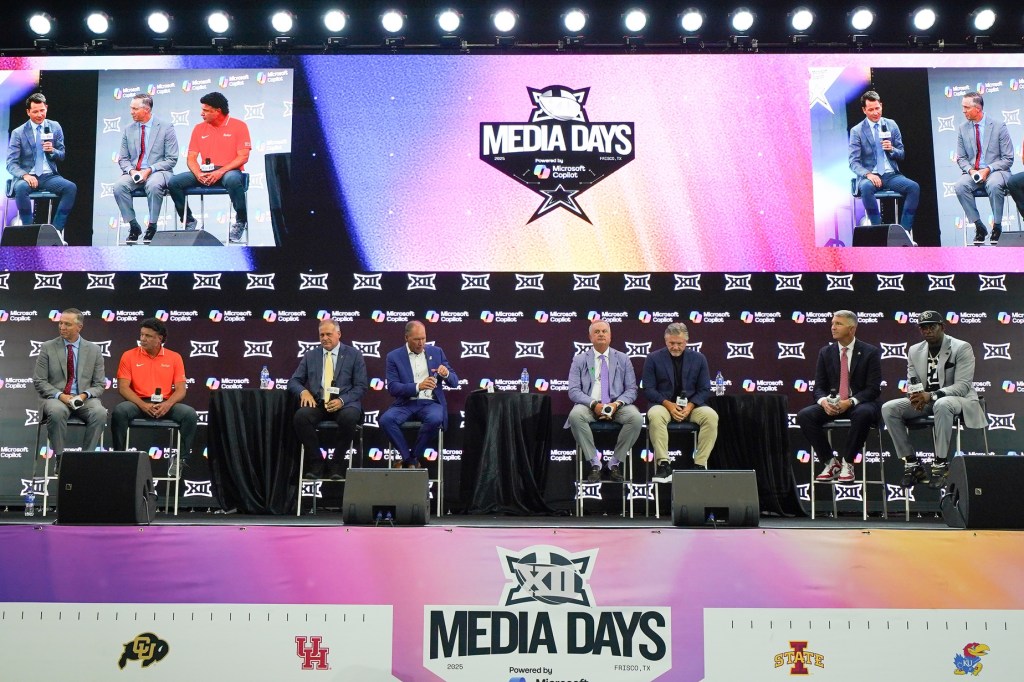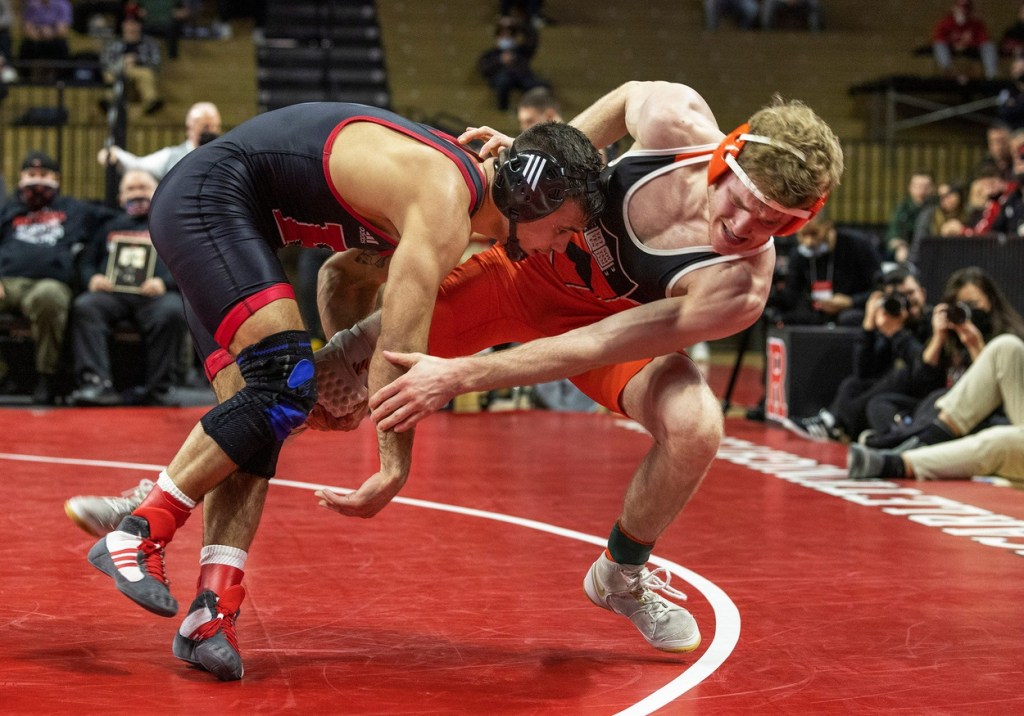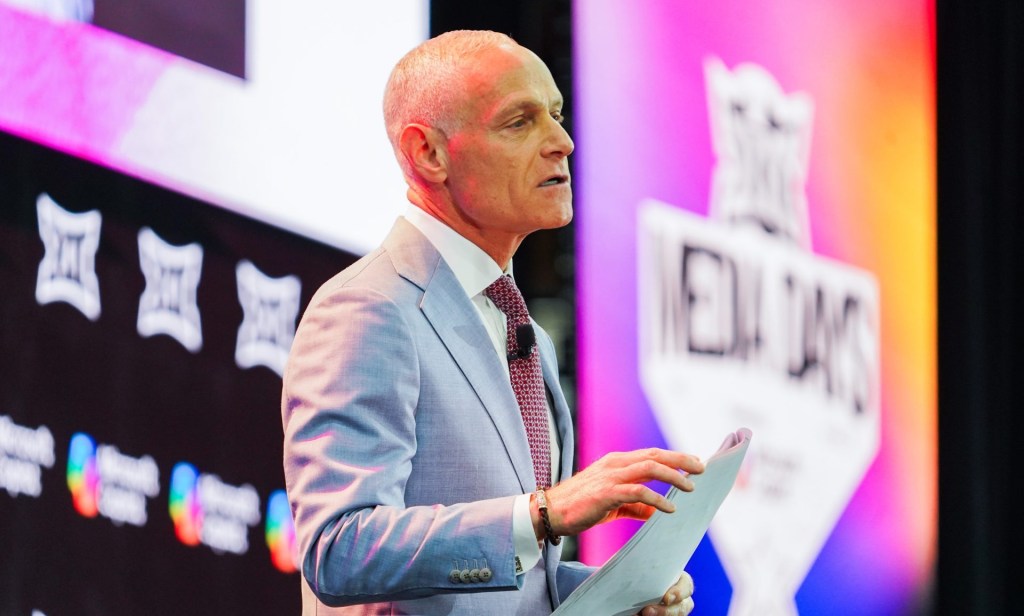More than 20,000 international NCAA athletes are being locked out of the billion-dollar name, image, and likeness industry due to restrictive U.S. visa laws — brands can’t sign them, and NIL collectives can’t offer them the same deals as American citizens.
Advocates have attempted to lobby lawmakers and U.S. Citizenship and Immigration Services to amend existing visa restrictions — but that process could take years.
Meanwhile, some athletes and companies have exploited loopholes, such as signing deals while playing in overseas tournaments, though this route is complicated and sometimes legally precarious.
Sports immigration attorney Sherrod Seward is taking a different approach: He’s attempting to get college athletes qualified for visas that professional athletes already use.
“You really don’t have to [wait for reform],” Seward told Front Office Sports. “There are certain visa categories that work already.”
He’s enlisted one Power 5 football player and one tennis player. If USCIS accepts one of these applications, it could set a new precedent that most — if not all — international athletes could benefit from.
“It’s important for international athletes to get the same opportunity as American players — because it should be equal opportunity,” the father of the football player told Front Office Sports. The identities of the families and athletes are anonymous due to the sensitive nature of the matter.
Two Viable Options
Most NCAA athletes are on F-class visas — student visas with strict rules prohibiting them from earning multiple types of income while on U.S. soil. But Seward believes athletes can get on P-1 or O-1 visas, which would allow for NIL activities.
P-1 visas are offered to skilled athletes who have previously played at a high level in a U.S. league — and participate in international competitions.
“If there’s any sport in college that could support a P-1 itinerary by itself, it’s college football,” Seward said.
Given that there’s a previous playing requirement, however, this visa would likely work best for transfers.
On the other hand, O-1 visas are reserved for people of “extraordinary ability” whether in sports or other industries, per USCIS, and are coming to the U.S. to work.
Seward explained that this class could cover athletes who play individual sports like tennis, particularly given that these leagues may not be “prestigious” enough of a league compared with the pros.
In fact, one athlete has already secured an O-1 visa: Northwestern State (La.) basketball player Hansel Emmanuel, a coveted Division I recruit who got famous on social media for playing competitive basketball despite only having one arm.
Emmanuel is already benefiting from his visa status — he’s signed with an agency and has high-profile endorsements, including a cameo in a Gatorade ad.
Next Steps
Seward is in the end-stages of filing these petitions to USCIS on behalf of the athletes.
But before he can do that, schools must agree to accept these types of visas. Seward has created a survey that he plans to send to hundreds of NCAA schools to gauge their understanding of the visa landscape — and hopefully educate them on his method.
If USCIS grants either claim, it could open a new pathway where athletes could work within the existing system to get NIL-friendly visas, rather than waiting for reforms to F-class restrictions.
If it rejects a claim, however, Seward could file litigation to get clarification — which he’s done before for professional athletes — and receive an answer within a few months on whether college athletes could use these visas.
“We’ve got to push to get our answers ourselves,” the football player’s father said. “If we wait for schools or [NIL] collectives or Homeland Security to give us answers, we know that’s never going to happen.”
